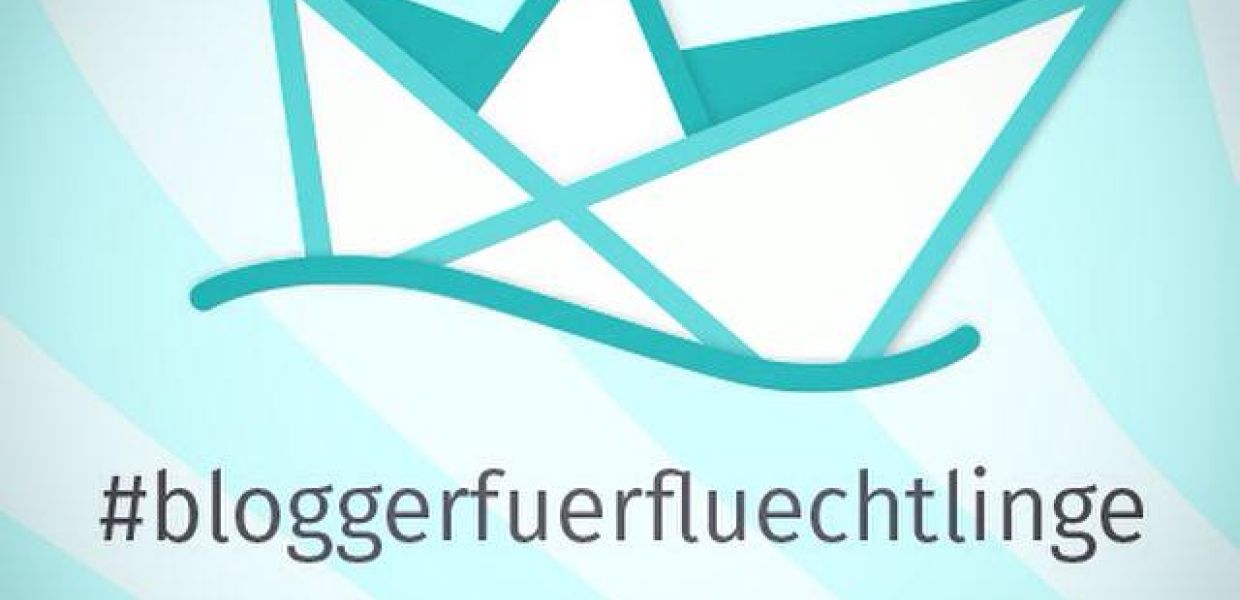How Europeana can help to make Europe a better place

This is a guest blog by Peter Soemers, Europeana Network Association member and OpenGLAM advocate. Here, he introduces why Europeana, and the culture heritage community it is a part of, have a crucial role to play in the refugee crisis in Europe.

On this occasion, you’re reading a blog post without historical images.
Though a search for ‘refugee’ in Europeana currently returns 25, 860 hits (10, 054 of them images), actual images of refugees making the life-threatening trip to Europe, and then embarking on the inhumane journey that greets them when they get here, are what consume our interest here. Chris Wild, also known as ‘The Retronaut’, emphasised the power of pictures in his recent talk at the Europeana Creative Culture Jam in Vienna. This was confirmed by the recent photograph of the drowned young boy, Aylan Kurdi. As Dutch newspaper The Volkskrant wrote in their caption beneath it, “this picture has to change Europe” (2 September).
Images accompanied by words are powerful. All over the world, people are standing up, donating goods and money, wholly dissatisfied with the ‘Europe of politicians’, and demonstrating that there is – still – a Europe of common people who will not tolerate humans being treated in this way. Germany seems to be the country in Europe with the biggest draw for refugees, so I focus on one initiative from there. A group of German bloggers started ‘Bloggers for Refugees’ (English site in preparation), and it is the logo of the campaign that should be the dominant picture of my post. The word ‘Europe’ is cited in their blogs numerous times over. These bloggers do not want the Europe shown in the photographs of refugees and they are making it known.
For me, initiatives like these deserve attention on Europeana’s blog too. Why? Because Europeana is not merely a technical institution aggregating data and metadata, and offering historical materials on the internet.
Europeana is about serving people and uniting them, about representing Europe in the world, and representing nations, and the humans that live in them, within Europe. Connecting with our common history can help create insight into who we are and what we should do in times like these. Watch this video by one of the inspirational figures in the Europeana family, Nicholas Poole, and hear Europeana’s great goal, as well as our moral obligation to help assemble a better world.
If you’re a blogger, or contribute to one, you can add your voice to this collective demand for a better Europe. Lots of bloggers from the cultural heritage sector are already taking part. Check out #BloggersForRefugees and #BloggerFuerFluechtlinge and join us.
Thank you!
Peter Soemers (@PSoemers, The Hague - with thanks to German blogger Michelle van der Veen, Münster - @ma_veen)
